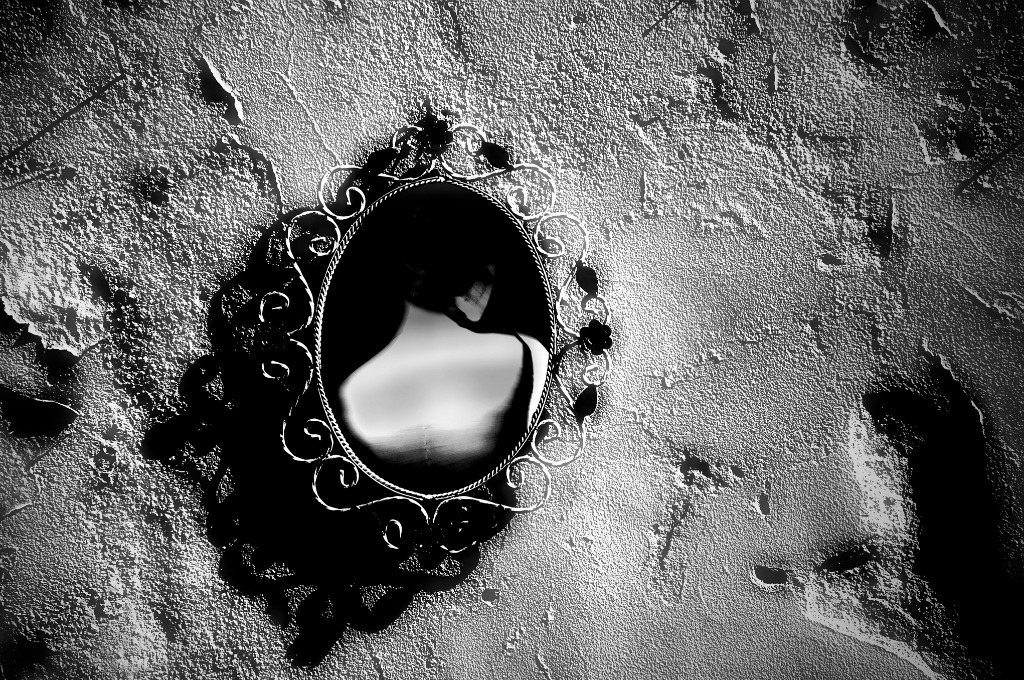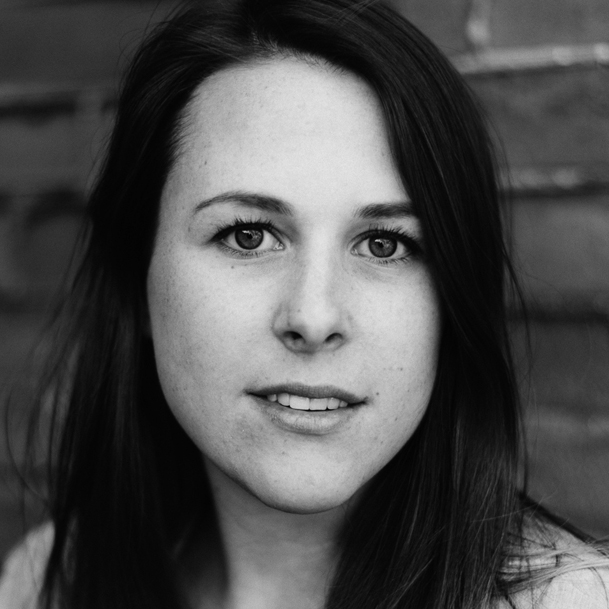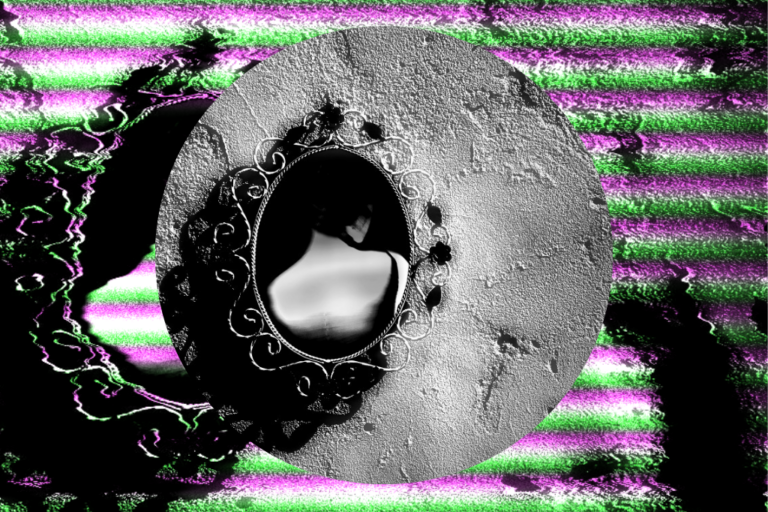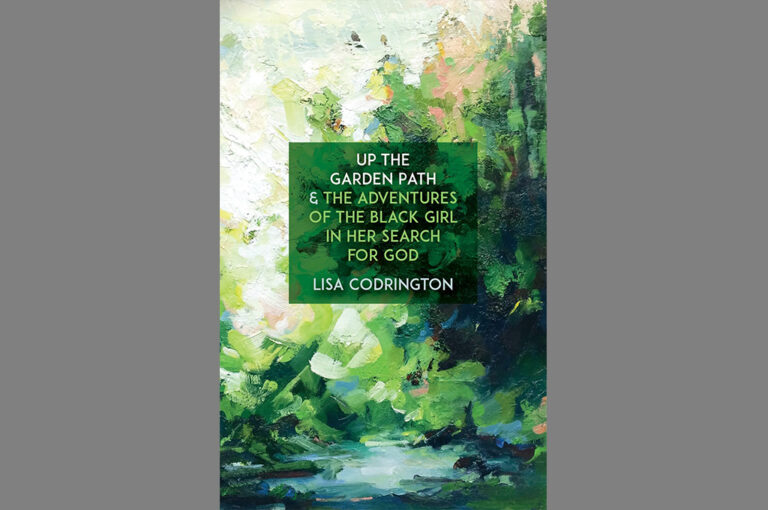Confessions from Theatre School
The moment I found out I got into theatre school, my high school anxieties and fears quieted. Acceptance into the three-year conservatory-style program felt like a seal of approval for my career, permission to put trust in a future where I would work professionally. As I looked at the letter in my hand, at nineteen, I allowed myself to think: I am good.
What I didn’t understand yet was that when you’re an actor, you’re not supposed to just be good. You’re supposed to take risks. You’re supposed to fumble and fail. The uncertainty you experience as a creator is a place to float in, with a curious and open mind, as you slowly figure it out.
This was something I learned in theatre school, something our teachers offered us. They spoke about the need to be “ugly,” as we sat cross-legged on the floor, soaking up their wisdom, our tuition paid, our heavy load of reading material purchased.
But as a young girl, I was not so easily convinced. Sitting there, my class outline in my hand, I remember thinking that being ugly was not a goal.
In one of my first acting classes, we did an exercise where, one by one, we had to go up to the front of the room and tell a personal story. I was unfazed by the task, and went up and told my story with total confidence. When I was done I stood there, feeling good, and waited for a response. My teacher stroked his little chin and stared me down. “So you’re, like, the funny fat girl?” he said. “Maybe that’s not who you are now but that’s what I’m getting.” It was the worst insult. I couldn’t say no. I didn’t say yes. What I heard in his words was, “You are not fooling me.”
I’m not exactly sure where the comment came from. Maybe it was a reaction to how I told the story, the habits of speech and movement that he perceived as a character I was playing up for the audience. Or maybe it was a reaction to the story itself and the personality that it revealed. But those words—“funny fat girl”—became something I was scared of; the image of what he saw in me became something I immediately wanted to shed.
Another classmate, a guy in his mid-twenties, went up and told his story. When he was done, our teacher turned to the rest of us and said something like, “Nobody would have sex with this person.” I looked up at my new friend, who took the comment without so much as blinking. That day, I watched as the rest of my classmates were boxed into categories, one by one.
As actors, we often feel that we are our work. Learning the distinction between self and creation requires firm boundaries. These boundaries are unique in every situation, and to every person. But I was nineteen, without boundaries yet. And my sense of self was easily shaken.
I felt a little crack in me.
* * *
Another shape-shifting moment came after an infamous game of mastering tactics, which was something like a theatre-school version of initiation.
The game has two participants. One plays the employee of a retail store, the other plays a customer returning a sweater. The rules are simple: the employee must not, under any circumstance, take back the sweater, and the customer must do everything they can to get them to change their mind.
During my turn, as the customer, I gave it my all. I flung my body on the table between me and the employee. I dropped to my knees almost in tears. I thought I’d done a fairly good job; my performance seemed about as desperate as my classmates’ attempts. At the end of the class, the same acting teacher pulled me aside. He circled me before offering: “You’re giving me You’re a Good Man, Charlie Brown. What I want is Tennessee Williams. You’re a girl-child. Does that make sense?”
I was getting the sense that my place in the program, which I thought I had already earned, was a shaky one.
I felt the crack grow a little more.
* * *
Later in the semester, I worked with a scene partner on a segment from Angels in America, where I played Harper. Here we were, recent high school graduates, trying to navigate our characters’ complicated marriage. As we ran lines, the teacher hovered in the background, watching the groups from afar. Eventually, he moved up to us, silent. We stopped working.
He turned to my partner and said, “You like women right?”
My partner nodded.
The teacher turned to me. “And you, you like men, right?”
I hesitated, I nodded.
Back to my partner. “Have you ever been naked with a woman before?”
He mumbled an awkward yes. I held my breath.
The teacher turned back to me and asked, “Have you ever been naked with a man before?”
I sort of coughed and spluttered a no.
My teacher nodded. “Don’t worry, it will happen.” Then he proceeded to talk us through the intimacies of our characters, my face burning bright red.
I felt the crack grow yet again.
* * *
Someone once told me that these theatre programs break you down in order to build you up.
In acting class, I was hungry to learn. Watching my teacher critique others, listening to my classmates’ opinions about what worked and what didn’t, I crafted my version of the ideal actor. My investigation brought me specific conclusions: be the thin beautiful girl, not the funny fat girl. Be smarter and have more depth. Get some real life experiences.
I started to wonder if I was loveable enough to be playing a lover. I could not shake the simple need to be desired.
I began to shift out of my suburban, Ottawa-girl habits. My speech teacher encouraged me to speak without a Valley-girl accent. I flip-flopped between vocal fries and overly enunciated speech. I started saying no to cheese and taking the tops of buns off burgers. I stopped indulging in films starring Lindsay Lohan and Hilary Duff and started watching Tarantino and documentaries. I stopped listening to Broadway soundtracks and turned to music blogs. I started to fall for a guy in my class.
I began working on another scene where I played a scorned girlfriend. At one point, after watching the scene, my acting teacher sat quietly before offering advice along the lines of: “We want to love you.” I nodded obediently as I tried to understand. He continued, “When you play Juliet, the audience wants to love you, we want to feel for you. We want to see you cry.” This is how I remember him speaking. He tried to get me to find the vulnerabilities of my character. What I heard was, “We want to see women cry.” I started to wonder if I was loveable enough to be playing a lover, and it became the role I chased, the one I romanticized. As other girls stepped into the role of Miss Julie or performed wild monologues from The Skriker, I could not shake the simple need to be desired.
* * *
Looking so deeply at who you are can be a little scary. In dance class, the reflection that stared back at me in the mirror was so frustratingly short and stubby. In neutral mask, as we stood in a circle and worked on an exercise where you silently make eye contact with every other person in the circle, my face turned beet red, my heart started pounding, and I began sweating. I had never felt so anxious. So aware of myself, my pores, my eyes, my mouth. The mask teacher came over to me, frustrated with my resistance to the exercise: “You can’t be an actor if you can’t be seen.” I had always loved the spotlight, had never experienced stage fright, but this experience was a different kind of exposure.
* * *
It was hard to tell where my education ended and my personal life began, which became confusing when I started dating someone in my class. I had taken “being naked with a man” as an acting lesson, and I threw myself open to vulnerability and love in a real-life sense. I hoped, in the back of my mind, that it would also make me a better actor, give me some universal experience to sink my teeth into. But falling in love, that’s really hard too. And if I wasn’t lost enough in the exploration of self, I definitely lost parts of me as I learned what it was to love someone romantically.

Megan in Man of Mode
At the end of term, I had a meeting with the main teachers, the kind of meeting everyone has. My acting teacher sat on the far left, with his legs crossed, contemplative. “You know, I was told my whole life that I should like tall, blonde women. Then I realized that… that’s not my type. You don’t have to like classical text. Or this program. You can like what you want to like.”
His words confused me. I didn’t want to like something else, I wanted to be something else. I thought if I was taller I’d look better in classical garb. That if I had grown up in a different city, my speech pattern wouldn’t sound so contemporary.
* * *
As school continued, I was especially selective about what I heard in the classroom. I would sit in voice class counting the calories of the lunch I had packed in my head, drowning out my teachers’ directions. I started to focus less on acting and more on my image. I thought it would somehow enhance my abilities, give me the confidence I needed to hold the stage. So when a student was told she was beautiful, it was all I could hear.
When a student was told she was beautiful, it was all I could hear.
I remember once being hunched over watching a classmate perform a monologue. She was interrupted. “You are allowed to be that beautiful,” the teacher said, staring at my classmate, a tall, slender woman with killer bone structure and shiny hair. I found myself wanting to be told this as well. It definitely sounded better than the fat funny girl.
As I tried my best to be the image of a loveable ingénue, I got cast in all sorts of roles: a little Irish man, Maria in Twelfth Night, Laura in Glass Menagerie.
Then, in my second year I got cast in a role that surprised me: a leading lady in a restoration drama.
My scene was directed by a guest instructor, a successful actress in Toronto who took a liking to me. As I strapped myself into a corset, she held the space for me to play. She was strong, and smart. She encouraged me to find an inner strength necessary for this character. My personal life was crumbling, and so was the character’s I was portraying. I wept through my final scenes, descending into madness at the end of the show. I could not tell sometimes if I was acting or if I was just getting out everything that I had bottled up.
* * *
In Alexander Technique, my instructor held a mirror in front of me. She told me I didn’t have to wear little dresses and tight skirts. She gave me running shoes when my heels made my legs cramp. She asked me to be another version of a woman, one that she represented.
These two instructors were just as loud as the others, but it was hard to hear them, as my mind was full of jumbled thoughts about being the ideal.
Later in the semester, Daniel MacIvor came to talk to our class. As an established artist, he was idolized by us. But of all the advice and wisdom he offered, I remember most the moment when someone asked him what it was like working with Ellen Page and he answered, “She’s great, but she needs to eat a potato.”
His comment felt directed at me, though it obviously wasn’t. I hadn’t had bread in months.
* * *
In third year, I got cast as a love interest in one of our shows. I was all dressed up in my little dress and heels, and I remember thinking that I had achieved my goal. The girl looking back at me in the dressing room mirror did not make me want to run away. I had no issue standing on the stage and being seen as the thin blonde woman I had become. But the role bored me. Playing the ideal was not the answer I wanted it to be.
* * *
Towards the end of my final semester, the class began prepping with monologue coaches for the Theatre Ontario showcase, which was an opportunity for theatre school graduates to perform two contrasting monologues for agents and casting directors.
Our coaches wanted us to choose something that represented who we were. I sifted through every play I could find in the reference library with a young woman in it. I could not find my story. I ended up choosing a monologue spoken by a sixteen-year-old girl to an older man she was in love with.
I thought this monologue would be my go-to for auditions after graduation. But when I performed it for a renowned theatre director in a workshopping session, he interrupted me halfway through.
“Is this you?” He looked at me, quizzical.
“Um, I mean, I get where she’s coming from.” She was begging for love. It was something I finally understood.
“But she’s never been with someone. That’s not you, is it? We want to see you.”
It was a strangely perfect bookend to the program. In my first year I was pegged for my lack of experience, and now, for having too much.

Megan (far right) as a germaphobe in Happy End
As I walked out of the room, his words moved through my mind. I was uncomfortable with my answer, just like I had been back at the beginning of the program, even though it was different. Since playing Harper in first year, I had learned how to cook tofu so that it tasted okay, I had learned the value of being on time, I had fallen in and out of love. I had landed somewhere in between those two characters.
Looking back, I can see where my curiosity was compromised. It was by searching too quickly for answers, not settling long enough in that place of uncertainty, that place of youth, where you are floating through the possibilities of who you may become. The same place actors are meant to play in.
At an end-of-year party with the teachers and students, my acting teacher surprised me by striking up a conversation about the final production I had been in. “What was that character you were playing? Was it an alien or something?” He was referring to a non-speaking role where I had draped myself in a yellow poncho and sucked on the nozzle of a spray bottle, embodying an OCD germophobe from my hometown. “That was the best thing I’ve ever seen you do.”
I moved away from him, grabbed a piece of pizza, and sat on a couch in the corner of the room. I was thin and blonde and the role I had had most success in was the one where I was something other than pretty. In that moment, I realized the value in being a bit of both; in existing somewhere between ugliness and beauty.











Comments